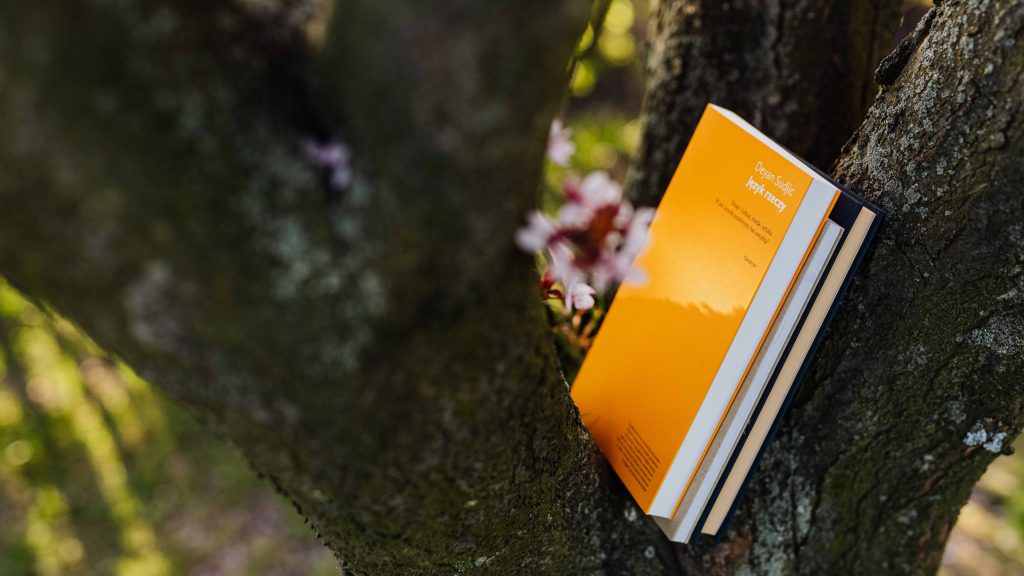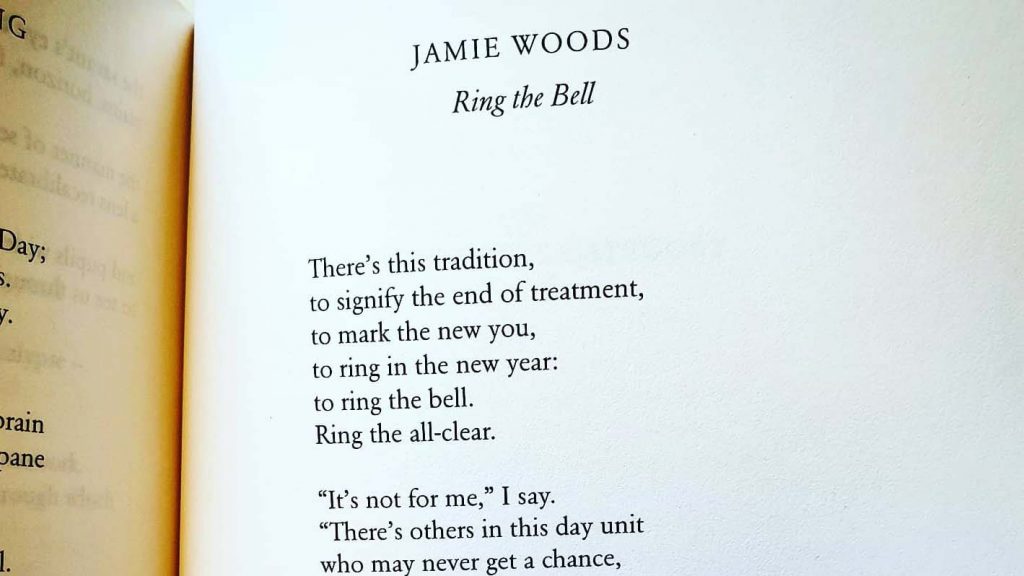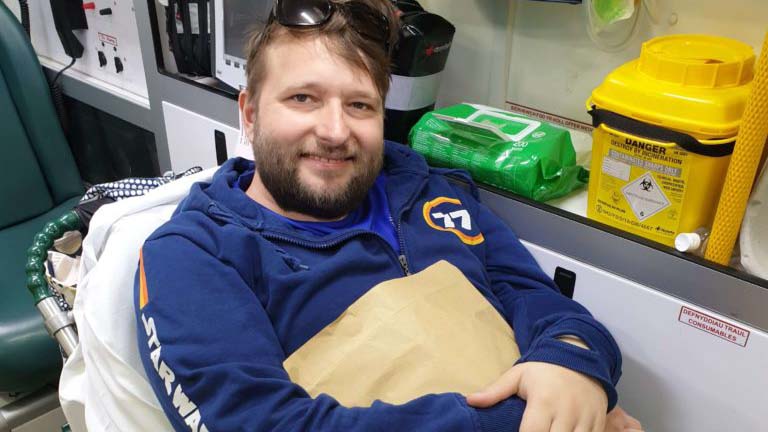Poet and cancer survivor Jamie Woods finds himself and explains how writing poetry has been a form of therapy and helped him to cope with anxiety and depression.

Poetry played a great role in dealing with the trauma that chemotherapy left on Jamie Woods’ life. “I haven’t had the opportunity to go back to normal life since having cancer. I struggled to know who I am. Being that ill, changed me significantly. And I think that writing poems have helped massively in trying to understand my own identity as a person, to cope with these huge amounts of emotions and trauma,” says Jamie.
Jamie’s poem, Ring the Bell, was commended in the Hippocrates International Prize for Poetry and Medicine in 2021. Writing this poem is how he began his journey through coping with leukaemia.
“It kind of sums up everything that there is to know about me in terms of how I felt, having cancer and all that kind of stuff,” says Jamie. “I felt the last day of having chemotherapy was really difficult.”
Jamie was soon diagnosed with post-traumatic stress disorder. While battling anxiety and depression after his cancer treatment, he wrote poems to help him cope with his mental health. The process of playing with words and sentences gets the horrible thoughts out of his head, he says. He believes that his purpose as a writer is not to get published, instead, poetry allows him to verbalise the constant inner turmoil that goes on in his mind.
His last chemotherapy session left him feeling sad about those who were still undergoing treatment. “I feel really guilty. Because you’ve got to survive cancer and other people didn’t. You know, there’s a thing called survivor’s guilt,” he says.
Even today, he experiences survivors’ guilt, which is alleviated through his love for writing poetry, which he regards as therapeutic. “I wrote a poem which helped with that and I think, the poem Ring their bell, properly sums me up as a person; as shy, insecure, doesn’t like to make eye contact, all that kind of stuff,” says Jamie.

Behind his writing desk, sits a large shelf, which is flooded with books. Although he has been writing for the past ten years, he only began writing poetry two and a half years ago. His memory was severely affected by chemotherapy, which led him to write short fragments and phrases. Eventually, he began writing poetry, which he felt was more effective than writing a novel.
“I promised I’d remember words, but chemotherapy messed with my mind,” says Jamie. “If I was to try and write it longer, such as novel or essay, it wouldn’t work. Being able to make the fragments into poems kind of helped me make sense of what I was going through.”

He strives to be able to cater to a wide audience while staying true to his thoughts and experiences that establish and reflect his writing style. He believes that poetry must be made universal and be relatable for people to connect with it.
“Balancing is something that I’m learning all the time. You’re trying to get your readers to buy into your concept, your notion, to the ideas you’re putting forward. Certainly, some of the poems, you wouldn’t even put them in a magazine. You wouldn’t even print them out from your computer. But they helped me” he says.
Besides being a poet, Jamie is a tutor as well. He teaches creative writing at Cardiff University where he explores how to write poetry, nonfiction, and short stories with his students.
Jamie says that poetry is a wonderful, microscopic art form. He emphasises that poetry does not necessarily have to be written in archaic English, which can be put off for people.
“It doesn’t have to necessarily stick with the rules that have been there for hundreds of years. It’s a pure, joyous exhibition of what you can do with words, and what you can do with tempo and rhythm,” says Jamie.
“I’ve been lucky enough to get the poetry’s pleasure, either worked with or been taught by so many fantastic poets, be able to learn from the people has inspired by me. So I just hope that I can inspire that in the people that I teach,” says Jamie.

